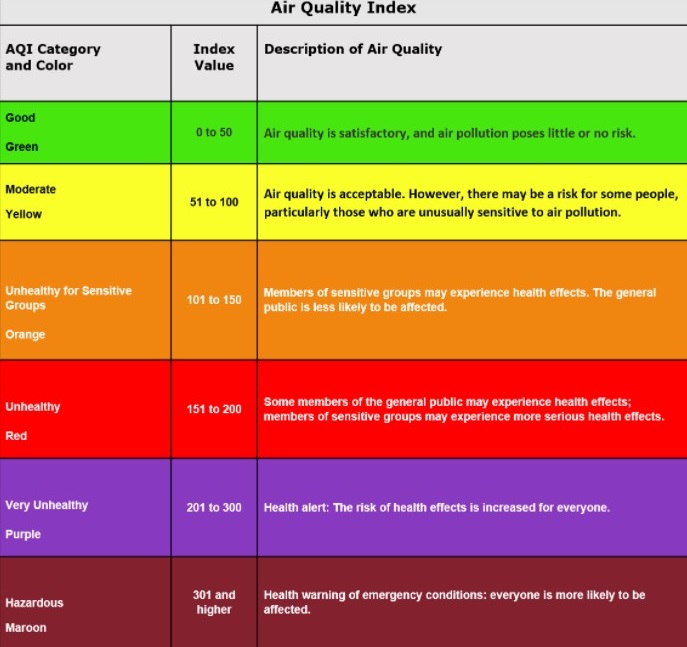
Benefits of Indoor Air Quality and How to Improve It
Indoor air quality is influenced by many factors. Some of the most common is poor ventilation and poor temperature control. Other causes include recent remodeling and the way fresh air is coming in and going out. Some sources of pollution are more specific such as pesticides and mold. Even small amounts of small chemicals can affect IAQ. The best way to test your home’s IAQ is to have it inspected by a professional.
There are several ways to determine your home’s indoor air quality. You can look for signs of poor ventilation, including moisture condensation on windows, smelly air, or dirty central heating and air-conditioning equipment. The best way to test your home’s ventilation is to go outside for a few minutes and note whether you notice any odors. You should also try to measure the number of pollutants and humidity in the room to determine how much you’re exposed to.
Air Quality Index

The EPA has developed the Air Quality Index (AQI) to measure the concentration of indoor air pollutants. The AQI scale is zero to 500, from “Good” to “Hazardous” based on the worst pollutant concentration. Maintaining a “Good” AQI is the first step to cleaning the air in your building. However, this level is difficult to achieve unless you’re a professional indoor air technician.
Depending on your circumstances, indoor air quality can affect your health. For example, if you’re allergic to pollen or have symptoms such as sneezing, coughing, or headaches, your home’s air quality may be poor. Luckily, there are ways to improve this and improve your indoor air quality. You can even get a free health test to find out if your home has radon levels.
The standards for acceptable indoor air quality can be very challenging to implement in many homes and offices. But there are steps you can take to improve your home’s air quality. The first step is to implement policies that will help you choose products and materials that are low-emitting. If you don’t have the budget for an HVAC contractor, consider hiring someone to do the work for you. These measures are also an excellent way to increase your employee’s productivity.
While air pollution is a major issue in many cities around the world, it is also important for people’s health. Several studies have linked high indoor air pollution to increased instances of Legionnaire’s disease, asthma, and hypersensitivity pneumonitis. These findings have made the standard a necessary tool for evaluating the effects of indoor air pollution in buildings. This is why improving the IAQ of your office can benefit your employees.
The next step is to assess the health of the residents. The air inside your home is affected by many different pollutants, such as cigarette smoke and other household products. In addition to cigarette smoke, there are also many different types of household products that can pollute the air in your home. The same applies to building materials. Leaks can cause mold and pest infestations in the home. A poorly maintained building will have poor indoor air quality and will put your employees at risk.
When it comes to indoor air quality, it is important to understand how many VOCs are present in the air. These compounds can be harmful to the health of people in the home. While the levels of these chemicals are usually lower than those outside, some are even worse. In the case of VOCs, the normal indoor air quality standards are higher than those for outside air. Hence, it is important to monitor and reduce VOCs in your home.
Conclusion
The most common contaminants that affect indoor air quality include carbon monoxide and sulfates. These pollutants are colorless and can cause nausea. They are also dangerous to workers who have hypersensitivity. To make sure you don’t have high levels of these pollutants, have your home tested for VOCs. When testing for VOCs, always use a portable indoor air quality analyzer. This will ensure that your home is free of harmful VOCs.



